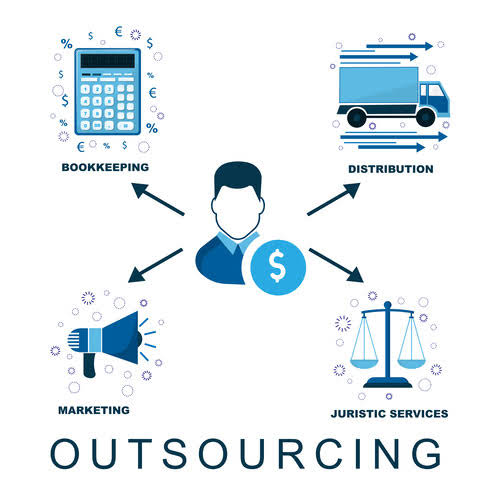
Conversely, the seller does not have title during this period, and so should not file a claim. Remember, while FOB and other Incoterms are internationally recognized, trade laws vary by country. So, if you’re buying or selling globally, review the laws of the country you’re shipping fob shipping point from. If you’re ordering many products from a single seller, you may have more leverage to negotiate FOB destination terms, as the cost of shipping per unit will likely be lower for the seller. FAS stands for “free alongside ship” and is often used for bulk cargo transactions.

What is FOB Destination?

If “Freight Prepaid” is where the seller takes on the shipping costs, “Freight Collect” flips that script. In a Freight Collect arrangement, the buyer pays for all shipping costs, from the originating port to the final destination. This means that the buyer assumes ownership and responsibility as soon as the goods are safely loaded onto a shipping vessel. The critical juncture in any FOB agreement is often the shipping point—whether it’s a loading dock, shipping port, or any originating port. When a seller records that goods have been safely loaded onto a shipping vessel, FOB terms like “FOB Origin” or “FOB Shipping Point” indicate that the buyer is now responsible for all shipping costs and risks.
FOB Destination or FOB Shipping Point?
Both parties don’t record the sale transaction in their general ledgers until the goods arrive at the buyer’s location. Additionally, if the goods are damaged in transit, the seller is responsible for replacing them at their own expense. International commercial laws standardize the shipment and transportation of goods.
Risks and Disadvantages of FOB Destination
- Free on board (FOB) shipping point and free on board (FOB) destination are two of several international commercial terms (Incoterms) published by the International Chamber of Commerce (ICC).
- On December 30, the seller should record a sale, an account receivable, and a reduction in its inventory.
- At the same time, the buyer will record the goods as inventory, even though they’re yet to physically receive them.
- So, an FOB transaction could muddy your financial picture as you make a quarterly financial statement.
- FOB (Free On Board) means the seller’s responsibilities end once the goods reach the ship’s rail, so the buyer takes over.
- Freight Collect is often the choice for businesses that prefer to have full control over every aspect of the shipping process, from selecting shipping terms to managing freight charges.
FCA or “free carrier” means a seller is obligated to deliver goods to a specified location or carrier where the buyer will take responsibility for transit. From that point, the buyer is responsible for making further transport arrangements. Free on board is one of around a dozen Incoterms, or international commercial terms. Incoterms are published and maintained by the International Chamber of Commerce (ICC).
- Consider your options for managing your goods during transit and purchasing cargo insurance.
- Conversely, with FOB destination, the title of ownership transfers to the buyer once the goods reach the buyer’s loading dock, post office box, or office building.
- Check out this guide to learn about the different invoice types businesses can send and receive.
- These terms determine ownership and payment responsibilities, influencing everything from shipping documents to customs clearance.
FOB destination means the seller pays all costs
- FOB shipping costs are important to a buyer because they affect their inventory costs.
- In essence, this means the sale is finalized the moment the shipping carrier takes the goods away.
- Company ABC assumes full responsibility if the designated carrier damages the package during delivery and can’t ask the supplier to reimburse the company for the losses or damages.
- To account for these expenses, sellers may need to increase the final price for the buyer.
- FOB Destination is more beneficial to the buyer, whereas FOB Shipping Point benefits the seller.
- With FOB shipping point, ownership of goods is transferred to the buyer once they leave the supplier’s shipping point.
- If the terms include “FOB Origin, freight prepaid,” the buyer assumes responsibility for goods at the point of origin, but the seller pays the cost of shipping.
Sometimes, “shipping point” and “destination” can be replaced by a place name in a contract. So, if goods are shipping from New York to Miami, and the invoice says “FOB New York,” that means the buyer in Miami has ownership of the goods when they leave New York. But if the invoice says “FOB Miami,” the responsibility stays with the seller until they arrive at their destination. The difference between the two designations can be a big deal for businesses because it indicates which party is responsible for the costs if a shipment is lost, stolen, or damaged.
Common Mistakes and How to Avoid Them

